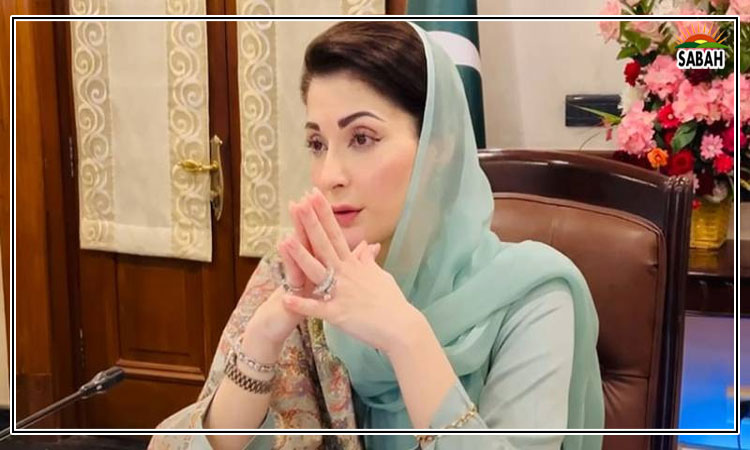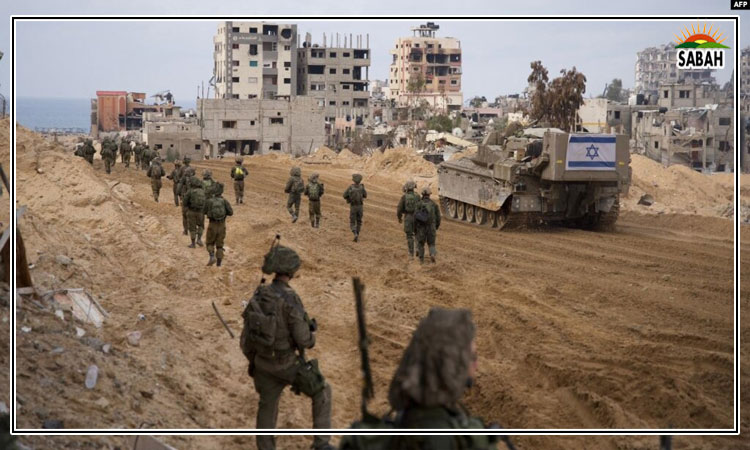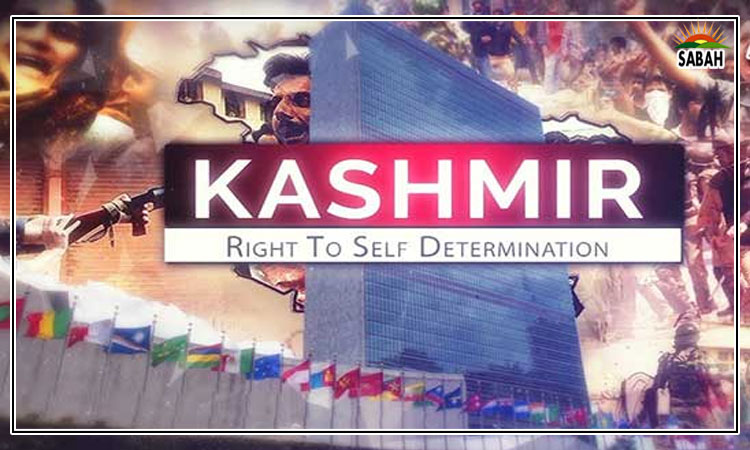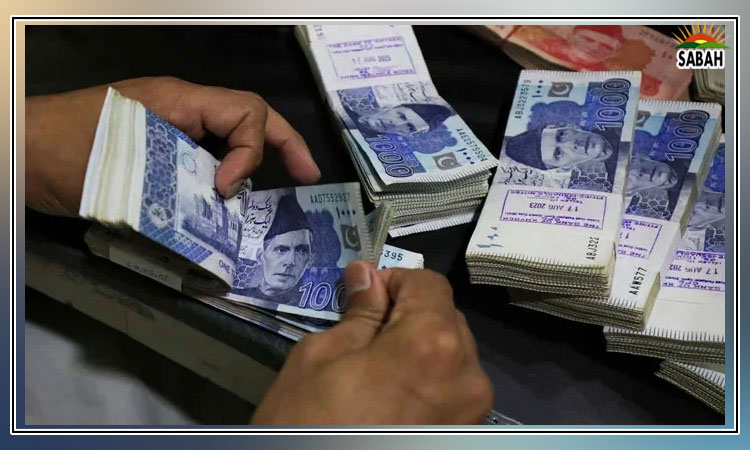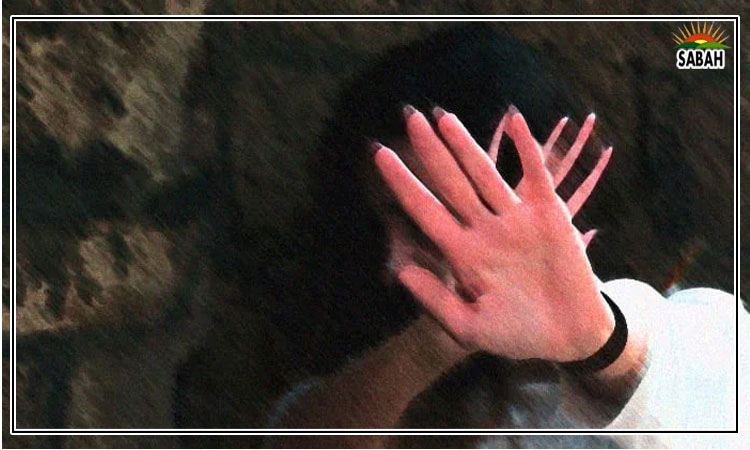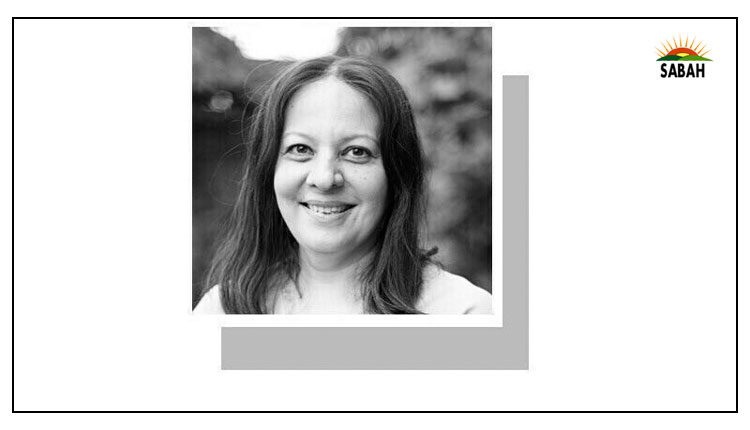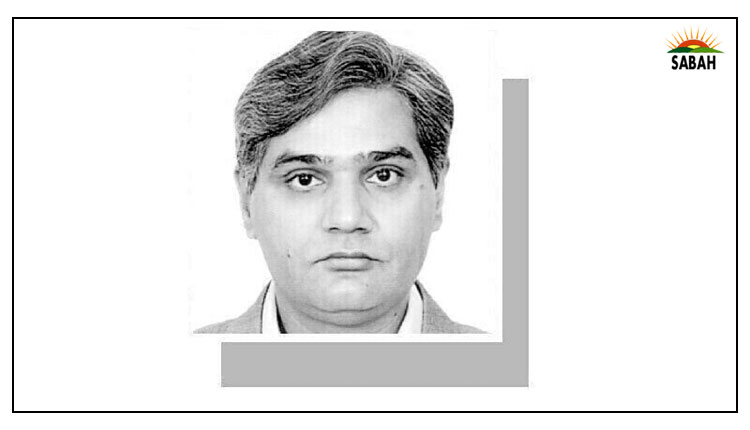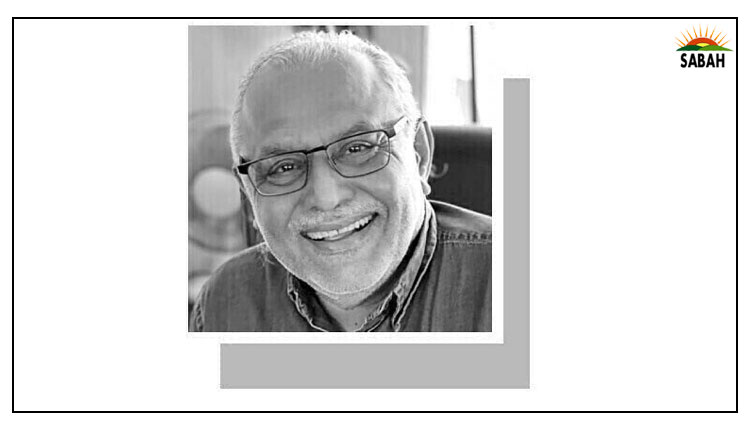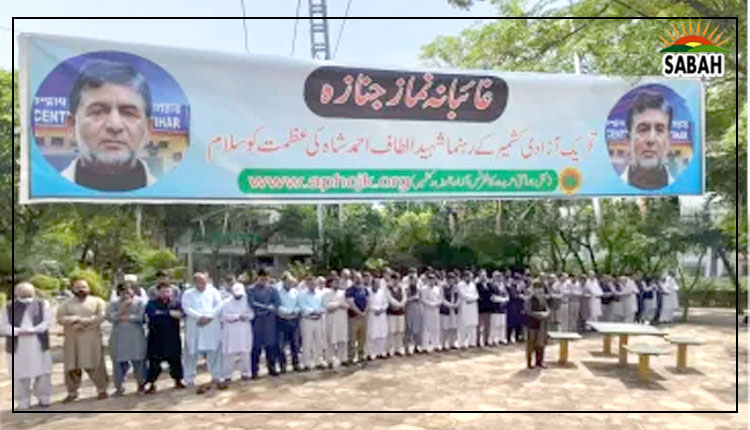Funeral prayer for martyred APHC leader Altaf Ahmed Shah offered amid strict security arrangements at Srinagar
SRINAGAR/ISLAMABAD, Oct 12 (SABAH): The funeral prayer for the martyred All Parties Hurriyat Conference (APHC) leader, Altaf Ahmed Shah, was offered in Srinagar amid Indian forces’ strict security arrangements. Indian authorities disallowed masses to participate in martyr APHC leader’s funeral prayers.
The authorities snapped the internet service and sealed Lal Bazar, Waza Colony and Buchpora areas of Srinagar when the body of the martyred leader reached his home in Buchpora.
The occupation authorities deployed Indian troops, paramilitary and police personnel in strength in these areas to prevent people from visiting the residence of Altaf Ahmad Shah in large numbers and attend his funeral, a mourner said.
He said only those persons who were in the house including relatives and nearby residents, were allowed to participate in the funeral prayers of the martyred leader. As the areas was sealed no outsider was permitted to enter the locality, he added. Heavy deployment of Indian forces’ personnel was also made at the local graveyard where the martyred was laid to rest.
Meanwhile, the funeral prayer in absentia for Altaf Ahmed Shah, was offered here in Islamabad and it was organised by APHC-AJK chapter was attended by a large number of Kashmiri leaders and people from different walks of life. Convener of Tehreek-e-Hurriyet Jammu and Kashmir, Ghulam Mohammad Safi led the funeral prayers.
The funeral prayer in absentia was attended by former emir Jamaat-e-Islami Azad Jammu and Kashmir Abdul Rashid Turabi, Convener All Parties Hurriyat Conference Mehmood Ahmed Saghar, Jammu and Kashmir Solution Movement Chairman Altaf Ahmed Butt and APHC leaders – Syed Yousuf Naseem, Syed Faiz Naqshbandi, Sheikh Abdul Mateen, Mir Tahir Masood, Muhammad Rafiq Dar, Muhammad Haroon, Altaf Hussain Wani, Zahid Safi, Imtiaz Wani, Hassanul Bina, Abdul Hameed Lone, Raja Shaheen, Mohammad Hussain Khateeb and other well-know personalities.
On this occasion, Abdul Rashid Turabi termed the martyrdom of Altaf Ahmad Shah due to paucity of medical aid a worst example of Indian state terrorism and barbarism. In the past, he said same attitude was meted out to Muhammad Ashraf Sehrai and Syed Ali Shah Geenlani like prominent figures which resulted into their martyrdoms and appealed to the international community to sort out issue of release of incarcerated workers and leaders.
“While remaining behind the scenes, Altaf Ahmad Shah tried hard to transform the movement of Geelani into a revolution. I enjoyed cordial relations with him during last four decades. May Almighty Allah grant the late soul a higher status in Jannah,” he added.
He said the government of Pakistan should frame such comprehensive strategy that may unfold Indian worst terrorism while activating international organizations including the United Nations. He called upon the politicians and institutions to focus on freedom while putting aside their internal quarrels.
The funeral prayers in absentia were also offered for Altaf Ahmed Shah in Muzaffarabad, Kotli and other cities of Azad Jammu and Kashmir as well.
Speakers at these gatherings paid rich tributes to the martyred leader for his contribution and sacrifices in the ongoing Kashmir freedom movement.
Altaf Shah died in Indian captivity at New Delhi’s All India Institute of Medical Sciences where he was shifted from Tihar jail after being diagnosed with late stage renal cancer. He had been languishing in Tihar jail after his arrest in July 2017 for raising voice for the Kashmiris’ right to self-determination.
Altaf Ahmad Shah was the son-in-law of the icon of the Kashmir freedom movement Syed Ali Gilani, who also died in the Indian custody on September 01, last year, after remaining under continued house arrest for over a decade.
Altaf Ahmad Shah was laid to rest in Srinagar on late Tuesday night amidst heavy deployment of Indian occupation forces. The occupation authorities prevented masses from participating in his funeral by imposing restrictions in Srinagar. Only a few people were allowed to attend the funeral prayers of the martyred leader.


